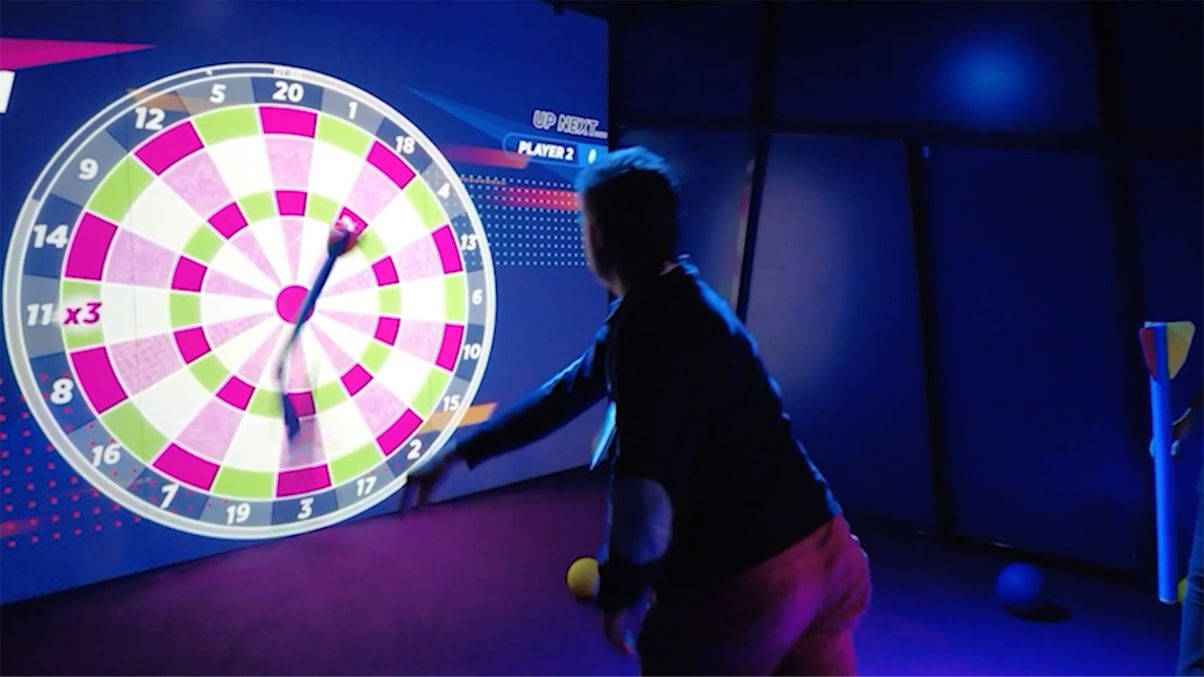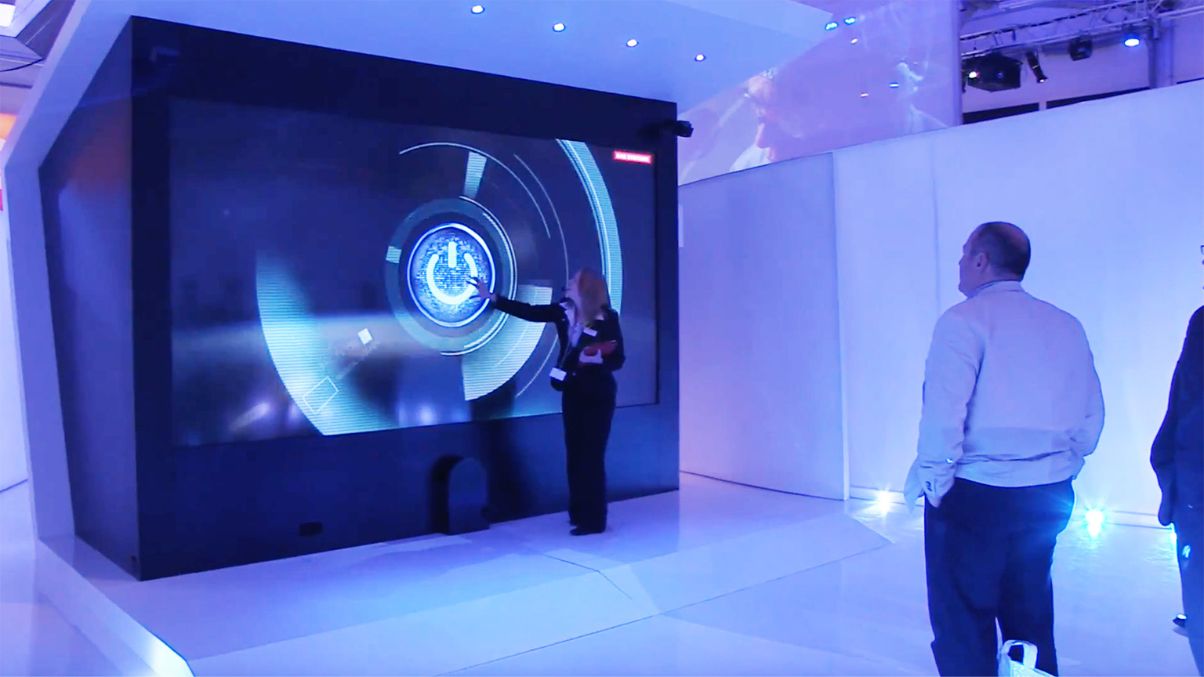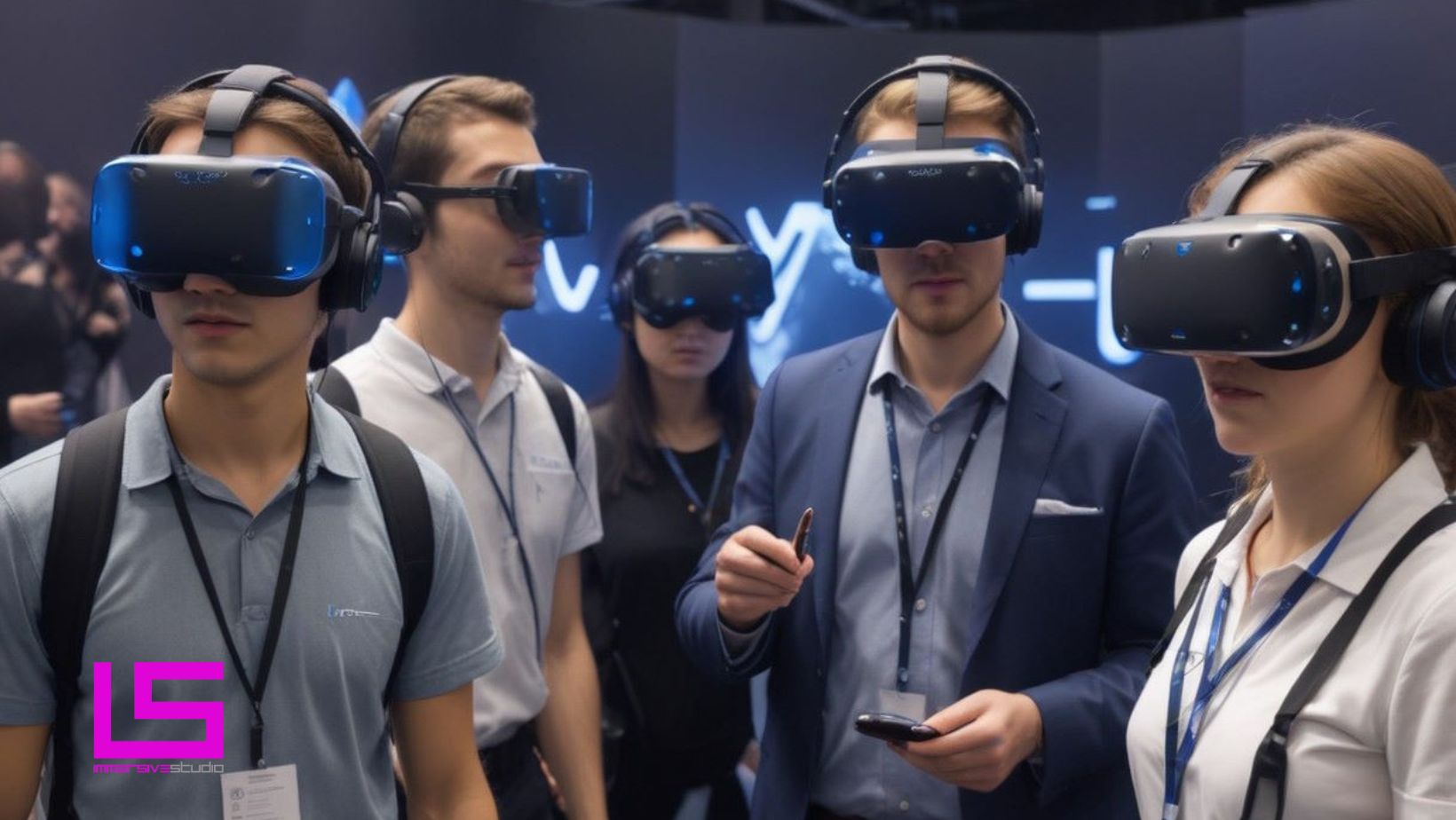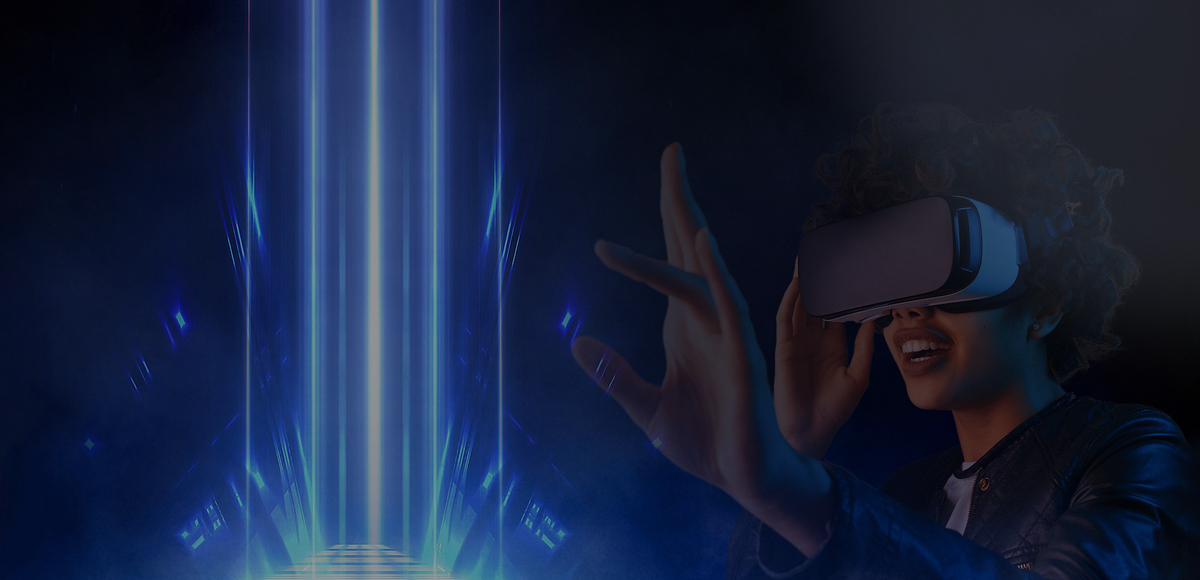
Benefits of Virtual Reality in Education for Universities
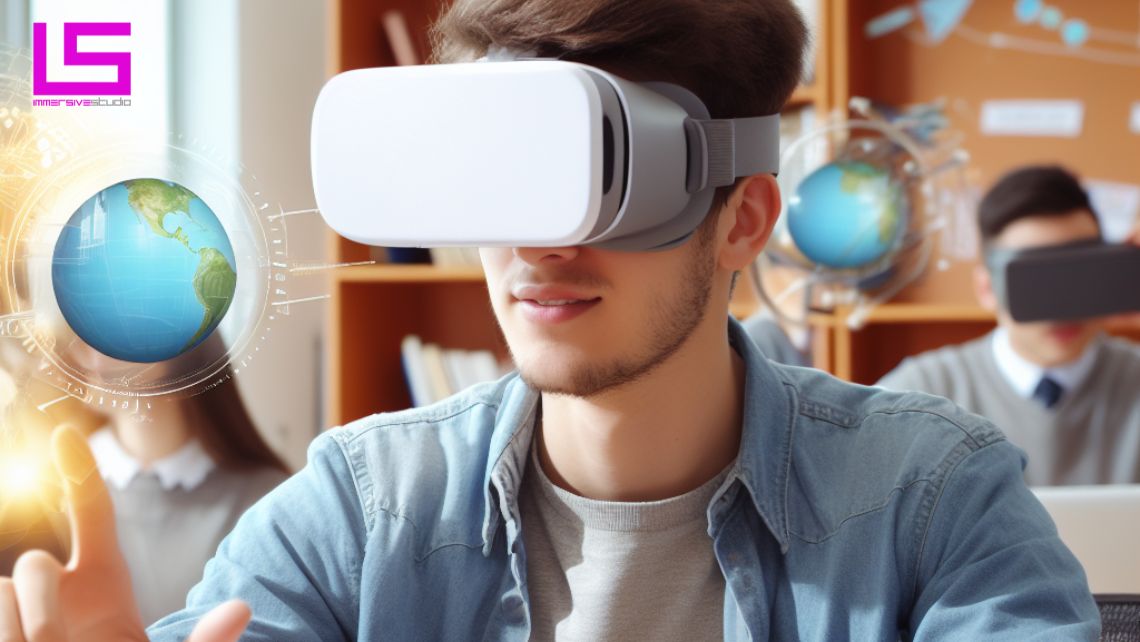
Virtual reality (VR) is a technology that simulates a three-dimensional, immersive, and interactive environment for users via a HMD head mounted display. VR provides the ability to create realistic and engaging realtime experiences that can enhance learning outcomes and motivation for university students of various disciplines and levels. In this blog post, we will explore some of the benefits of using virtual reality in education for universities, and how Immersive Studio can help you create and deliver VR content for your educational needs.
VR Can Bring Education to Life and Visualise Complex Subjects
One of the main benefits of virtual reality in education for universities is that it can help to bring off the page education to life and enable students to visualise complex subjects in a completely immersive 3d way. VR provides engaging, immersive, and 360 content for students, rather than just learning from a textbook or a white board. VR can help students to visualise more abstract and complex subjects, such as physics, chemistry, biology, engineering, architecture, geography, history or art, by bringing key concepts to life in a virtual three dimensional environment. This can be further enhanced by allowing students to interact with the content, move around different virtual scenes, and select areas they want to know more information about and access informational call out pannels.
VR Can Enable Gamification and Collaboration of Content
Another benefit of virtual reality in education for schools and universities is the gamification and collaboration of content. VR allows content to be created in virtual worlds, similar to the metaverse, or a vieo game which students can interact and engage with, as well as share them with other students or gain recognition from in built reward systems. Through gamification of content, educators are able to create a sese of presence and immersion that can increase student engagement and enjoyment allowing content to be learnt quicker and gaining a deeper understanding of a subject. VR can also allow students to play games or experience simulations of real life events, such as trialling a specific piece of equipment, or scenario, that would not be accessible to students in the real world due to their age or experience levels, which can further enhance their learning and skills. By students working together in real-time in virtual worlds, virtual reality in education can foster collaboration and communication among students, as well as critical thinking and decision-making abilities to solve real world problems in a safe and engaging way.
Virtual Reality in Education Can Support Remote and Inclusive Learning
A third benefit of virtual reality in education for universities is that it can support remote and inclusive learning. VR can enable students to access and experience content that may otherwise be inaccessible, expensive, or impractical, such as visiting various places, times, and cultures that are impractical to visit, or experimenting with different materials and equipment to come up with unique solutions. VR enables students to access virtual representations from anywhere at anytime, as long as they have a VR headset and an internet connection. It also allows multiple students to access the same content at the same time. VR can also accommodate students with special educational needs (SEN), such as disabilities, sensory issues, learning difficulties, or language barriers, by providing adaptive and personalised even therapeutic learning, which is accessible from anywhere.
VR Can Prepare Students for The Workplace and The Future
A fourth benefit of virtual reality in education for universities is that it can be used to prepare students for the workplace and the future. VR can give students the opportunity to experiment with expensive industry-grade software and hardware to explore real world work scenarios which are either complex or even dangerous to learn all form within a safe scenario. Also students wishing to follow a creative career can learn how to use cutting edge and evolving industry led software to make immersive experiences, such artistic installations, next generation video games, learn how to make films using the latest craze of working with virtual production techniques, green screen technology, and unreal engine. VR can also expose students to cutting-edge technology and innovation that can enhance their creativity and problem-solving skills. VR can also provide students with realistic and relevant scenarios and challenges that can help them develop their professional and interpersonal skills in a virtual location.
How Immersive Studio Can Help You with Virtual Reality In Education for Universities
If you are interested in using Virtual Reality in education for universities, Immersive Studio can help you create and deliver VR content that is effective, engaging, and affordable. Immersive Studio is a leading VR company that specialises in creating VR solutions for education and training. We have a team of experts who can design, develop, and implement VR content that meets your educational objectives and standards. We also have a platform that allows you to easily manage, distribute, and track your VR content and students. Whether you want to create VR lessons, simulations, games, or tours, Immersive Studio can help you achieve your VR goals.
Conclusion
VR is a powerful and promising technology that can transform education and learning for schools and universities. Virtual Reality in education can offer many benefits, such as bringing education to a higher level of engagement through technology, visualising complex subjects, enabling gamification and collaboration of content, supporting remote and inclusive learning, and preparing students for the workplace and the future. Immersive Studio can help you leverage VR in education for schools and universities and create VR content that is suitable for your all ages and budget. Contact us today and let us help you bring your VR vision to life. You can also drop us a message on Facebook, LinkedIn, or Instagram.
